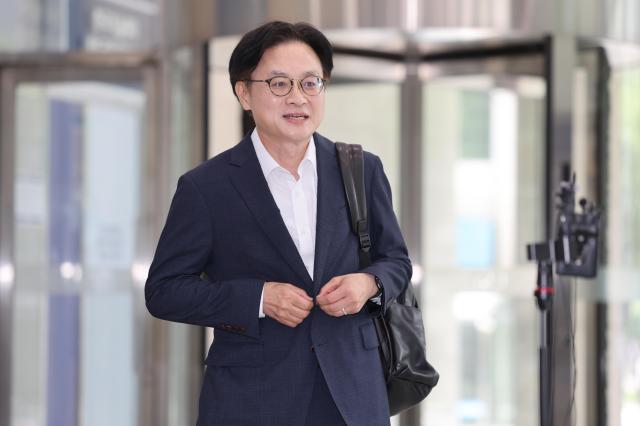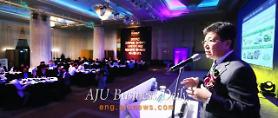
SEOUL, June 30 (AJP) - In a move signaling South Korea’s deepening commitment to pragmatic industrial policy, President Lee Jae-myung on Sunday nominated Kim Jung-kwan, a technocrat-turned-corporate strategist, as the next Minister of Trade, Industry and Energy.
The choice of Kim, currently president of Doosan Enerbility, places a seasoned public servant with cross-sector experience at the helm of a ministry central to Korea’s energy transition and industrial competitiveness.
Born in 1968 in the southwestern county of Jangseong, Kim's path reflects South Korea’s archetypal elite technocrat.
He graduated from Seoul National University with a degree in economics before earning a doctorate in the same field from the University of Missouri in 2002. After passing the nation’s civil service exam in 1993, he embarked on a public career shaped by fiscal planning and economic strategy.
Over nearly two decades in government, Kim rotated through pivotal roles at what is now the Ministry of Strategy and Finance. He worked on service-sector policy, government bond markets, and long-term economic planning, steadily gaining a reputation as a behind-the-scenes thinker who bridged detail with big-picture policy.
He also served abroad, including a stint at the International Bank for Reconstruction and Development, where he focused on concessional finance for developing countries. Back home, he held key posts at the Bank of Korea, steering conversations on capital markets and global macroeconomics.
But it was his pivot to the private sector in late 2018 that distinguished him from many of his technocratic peers. Joining the Doosan Group — one of South Korea’s leading conglomerates— he became a high-ranking strategist and later moved to Doosan Enerbility, a core player in the country’s push into next-generation nuclear and renewable energy.
There, he oversaw global marketing efforts and worked directly with foreign governments to tailor energy solutions to local policy environments — an approach his colleagues said combined government savvy with business pragmatism.
In announcing his nomination as the trade minister, Presidential Chief of Staff Kang Hoon-sik described Kim as “a practical talent” uniquely positioned to translate policy vision into execution.
“He understands both the intent behind government decisions and the realities industries face,” Kang said during a press briefing.
Kim’s nomination comes as South Korea seeks to recalibrate its energy strategy amid intensifying global competition in advanced manufacturing and growing urgency around decarbonization. The country has pledged to expand its nuclear energy capacity while investing in hydrogen and wind power.
Analysts say Kim’s appointment signals a focus on technocratic continuity and market-aligned policymaking — a blend that may help the Lee administration navigate a complex industrial future.
Copyright ⓒ Aju Press All rights reserved.


